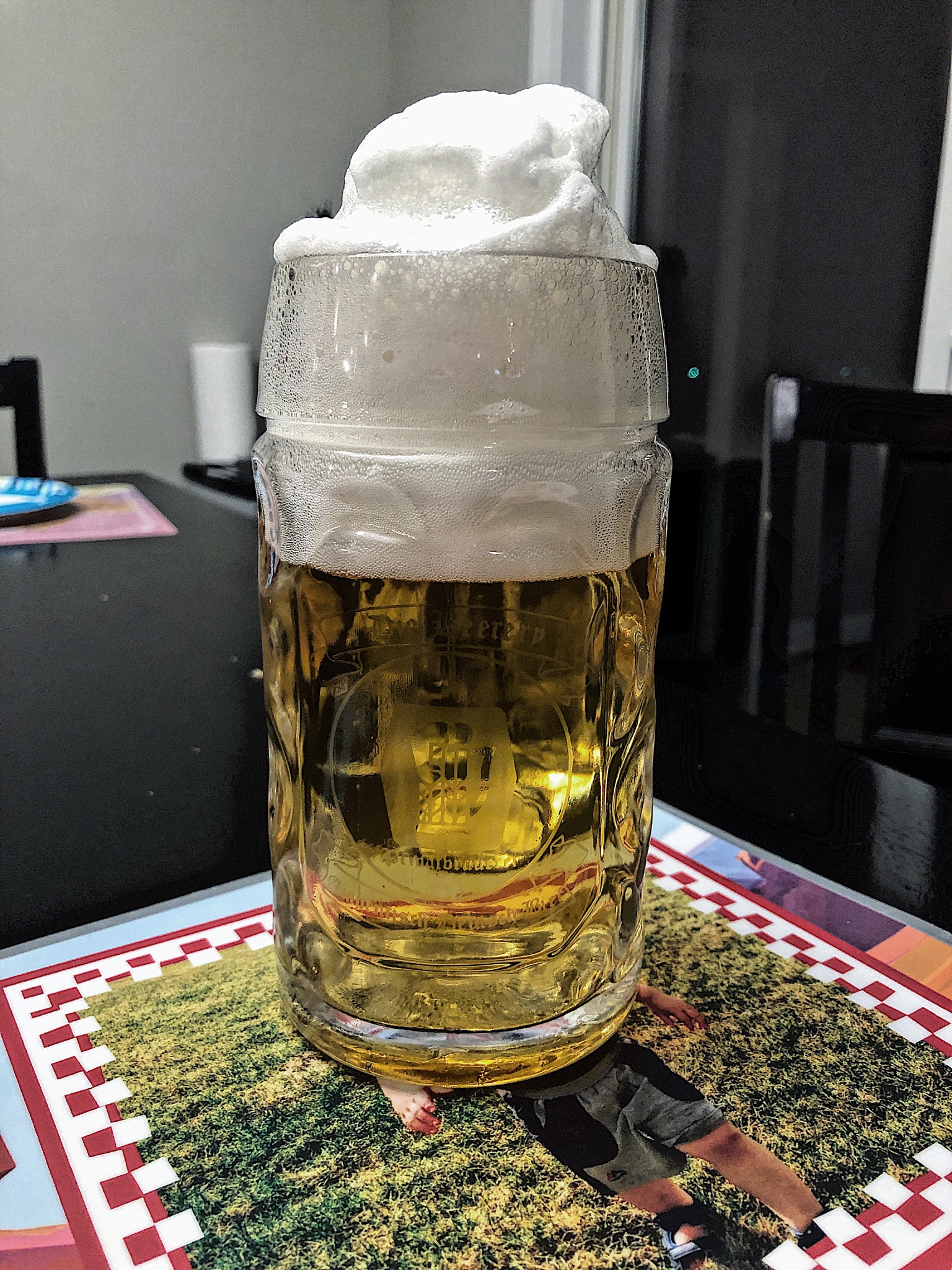Close, but no cigar. Off the top of my (weak) memory.
You can use anything (wheat, rye, oats, whatever) as long as it is malted and with top-fermenting yeast. Absolutely no unmalted adjuncts.
You can use sugar or sweeteners such as lactose only if it's a top-fermenting yeast.
You can do water additions but must comply with the potable water law (TrinkWasserVerodnung). No additions after mash-in.
You can use nutrients but only in the form of yeast (Servomyces).
There are additives you can use (the list is quite long) but some, such as fining agents, will require sterile filtration for complete removal, so no go for most homebrewers. Absolutely no acid additions but you can use Sauermalz.
No coloring agents except Weyermann's Sinamar.
No bottled CO2, not even for pushing.
Only hops, no spices.
You can use foam control but only HopAid
You can use hop extracts but only hot-side and non-isomerized. Dry hopping with whole hops or pellets is OK.
In Bavaria and BW, additionally:
At least 50% Munich malt if brewing a Dunkel.
At least 50% non-barley malt if making a multi-grain beer. But, you can use less than 50% but must write it on the label.
No sugar or sweeteners, even if it's top-fermented. Mixed drinks are still OK as they cannot be labeled and sold as beer anyway...
And finally, local breweries can ask for exemptions for historical or tradition-related reasons, see for example the Gose style which would not be legal otherwise (spices).
This all really begs the question, "Why, in the name of all that is fermentable? Why do that to oneself if you are not legally required to do so??"





